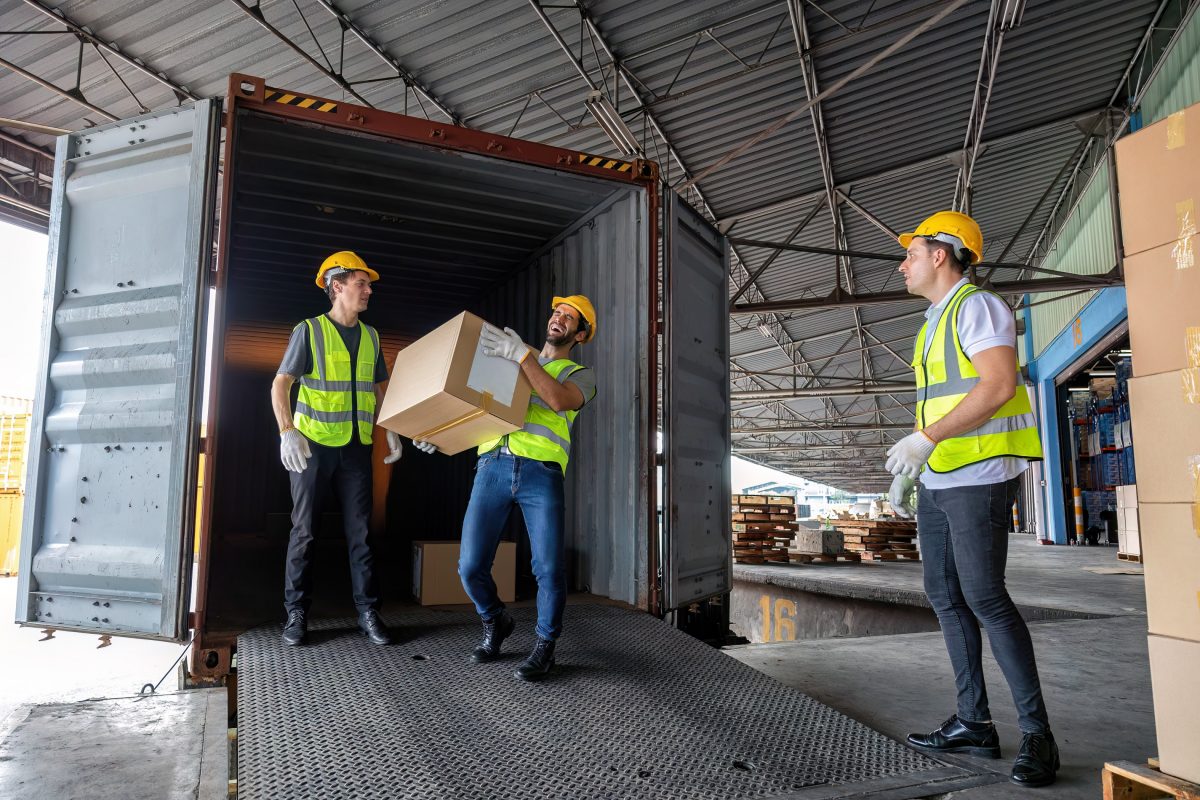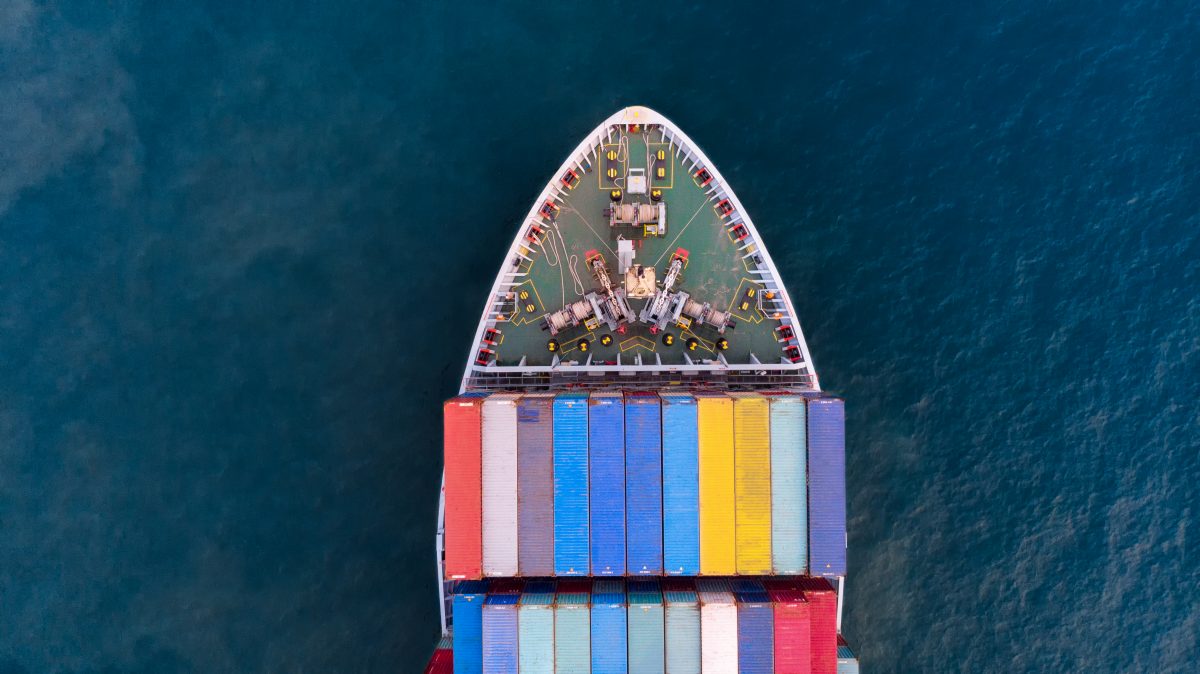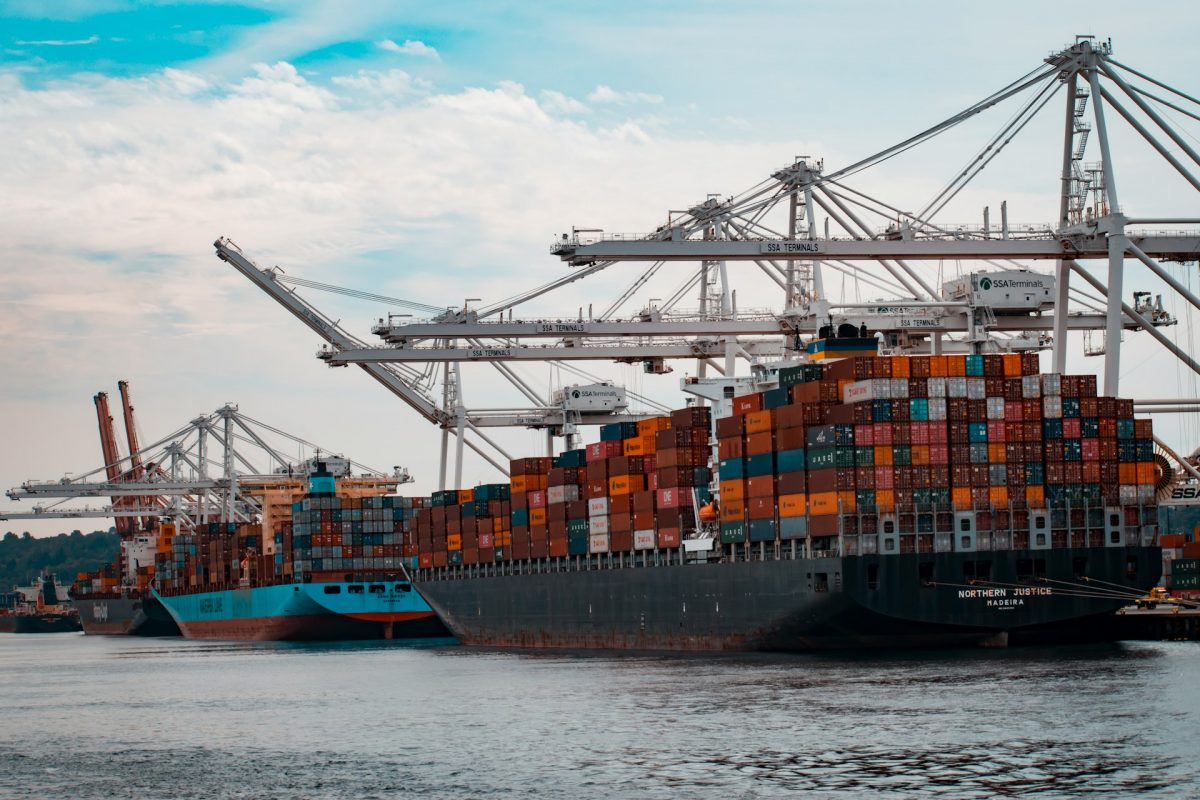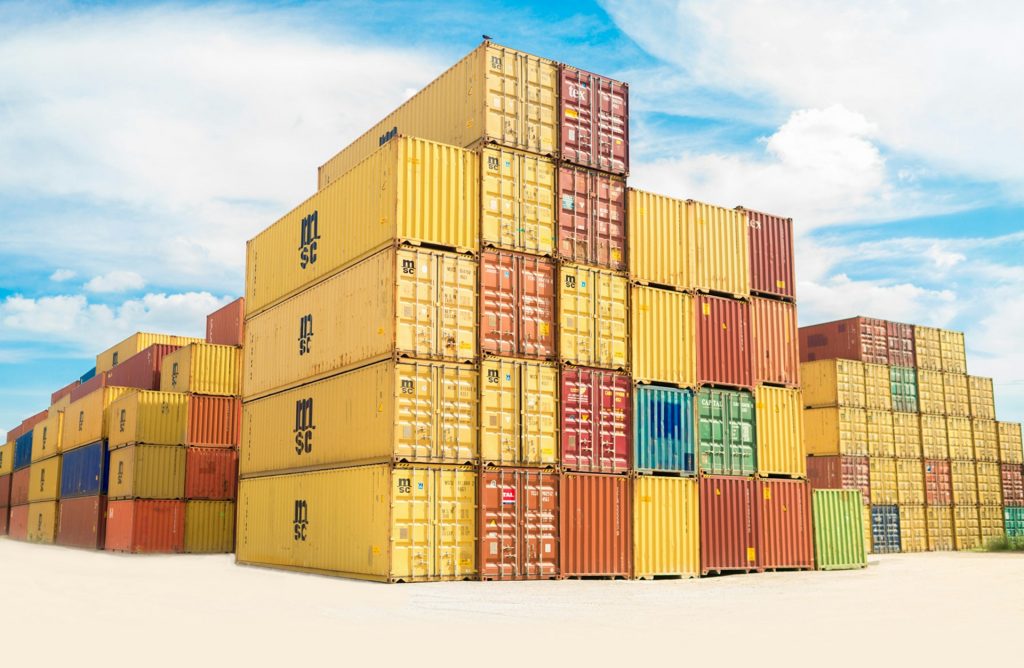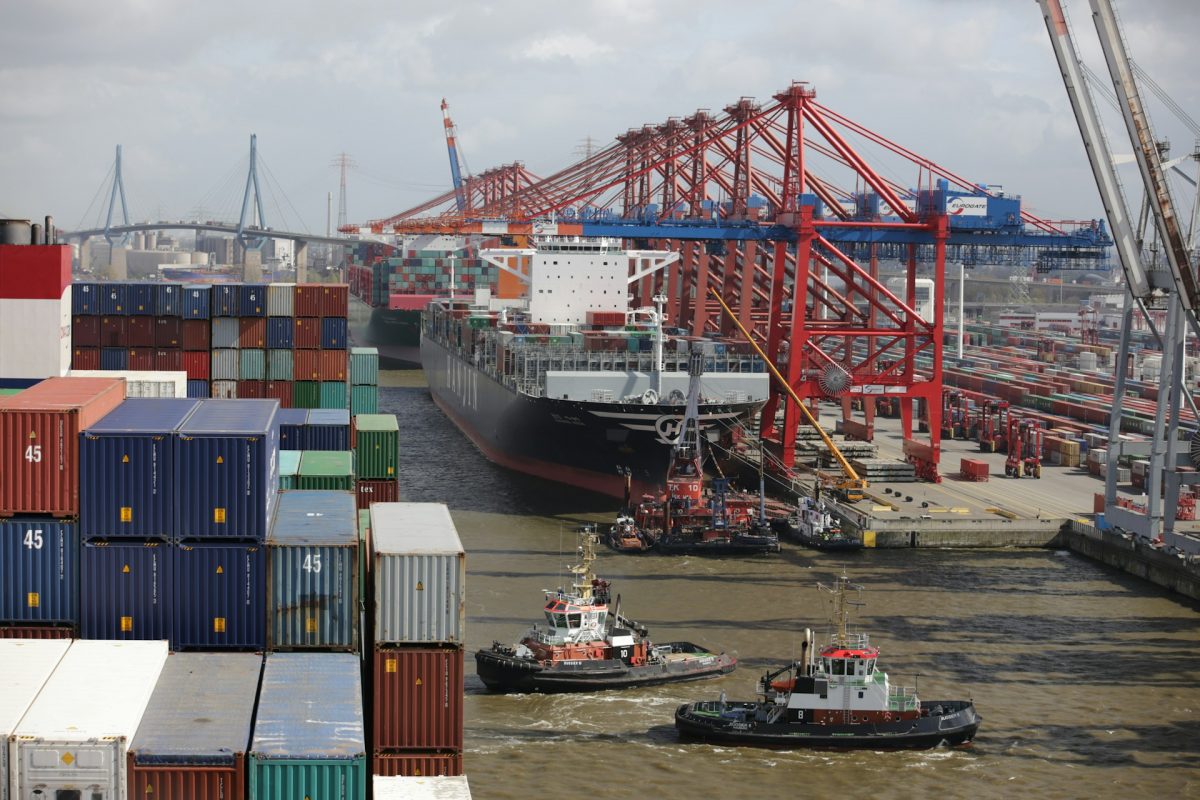Shipping Tips During Rainy Season in the Philippines
With its strategic archipelagic location, the Philippines plays a massive role in regional and international trade. As a growing logistics hub in Southeast Asia, it continues to develop its shipping infrastructure to meet increasing global demands.
However, the country’s tropical climate presents significant logistical challenges—especially during the rainy season, which spans from June to November. These months are often marked by heavy monsoon rains, typhoons, and flooding, which affect transport routes, cargo handling, and port operations.
Here are essential shipping tips to help you navigate these conditions to keep smooth logistics operations throughout the rainy season. Whether managing domestic distribution or international freight forwarding, these insights will help you stay prepared, minimize delays, and protect your cargo.
Plan for Weather Disruptions
One of the most practical rainy season shipping tips is anticipating delays and making your operations flexible. Flooded roads, vessel delays, or reduced port activity can disrupt even the most well-planned schedules.
To mitigate risks, incorporate buffer periods in your delivery timelines and set clear contingency plans. Cooperating closely with a reliable freight forwarder allows you to determine safer, more dependable routes and schedules using forecast data. Furthermore, booking shipments earlier and securing truck or vessel availability is essential to avoid backlogs.
Use Weather-Resistant Packaging and Cargo Handling
Moisture is one of the biggest threats to your shipments during the rainy season. Water damage can happen during loading, unloading, or temporary holding, especially if the packaging is unsafe.
Invest in weather-resistant packaging, such as sealed containers, plastic wrapping, and moisture-proof labels. These materials help protect goods from exposure. Proper documentation and compliance with international packaging standards are also crucial, specifically in global shipping.
Further, choosing a logistics company in the Philippines with expertise in wet-season handling is a good choice as they ensure your cargo is protected from start to finish.
Secure Storage and Cargo Consolidation Options
Unforeseen delays are common in wet months, and another essential tip is to secure flexible storage solutions. Weatherproof warehousing can protect goods that ought to be temporarily held or rerouted. This is suitable for breakbulk shipping, where items are often not containerized and more sensitive to damage.
Using cargo consolidation services saves space and helps protect smaller shipments by combining them with others under well-secured transport. A steadfast shipper should offer both services through well-placed, climate-protected facilities across key regions.
Ensure Port and Customs Readiness
Philippine ports generally stay active during the rainy season but may run at limited capacity due to weather safety protocols. Another key shipping tip is guaranteeing operational coordination with port authorities, customs, and trucking partners.
A trusted logistics firm in the Philippines will have the local networks and real-time visibility required to adjust quickly to any changes. During freight forwarding, special attention must be paid to customs clearance, especially when emergency weather alerts are in effect or if port operations are limited.
Prioritize Communication and Tracking Tools
Effective communication is crucial for timely decisions. One of the most useful rainy season shipping tips is to stay connected with all logistics stakeholders through real-time updates on shipments, delays, and weather conditions.
Modern shipping platforms offer digital tracking tools and communication systems to help companies avoid surprises and respond quickly. When supported by a proactive logistics partner, these tools become necessary in seamlessly managing rainy season challenges.
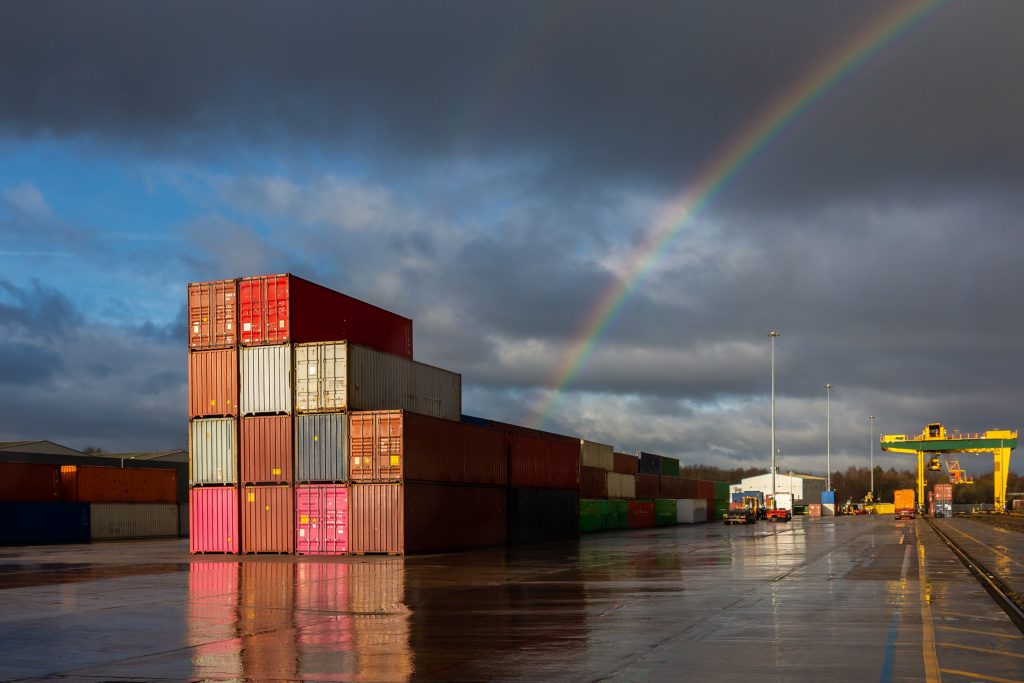
Optimize Your Rainy Season Logistics with Excelsior
Managing logistics during the rainy season in the Philippines needs more than routine operations. It demands strategic foresight, adaptability, and reliable execution. With inconsistent weather patterns disrupting routes and port operations, shippers must plan proactively, and teaming up with the right firm can help streamline shipping.
Excelsior Philippines, a trusted name in the logistics industry, delivers end-to-end freight solutions for Philippine conditions. With capability in breakbulk shipping, customs brokerage service, warehousing, and international shipping, Excelsior supports clients in meeting delivery targets and regulatory requirements despite weather-related disruptions. Make your rainy season shipping more innovative and reliable with Excelsior, your logistics solution partner, who will keep your operations on track even in the most challenging conditions.




